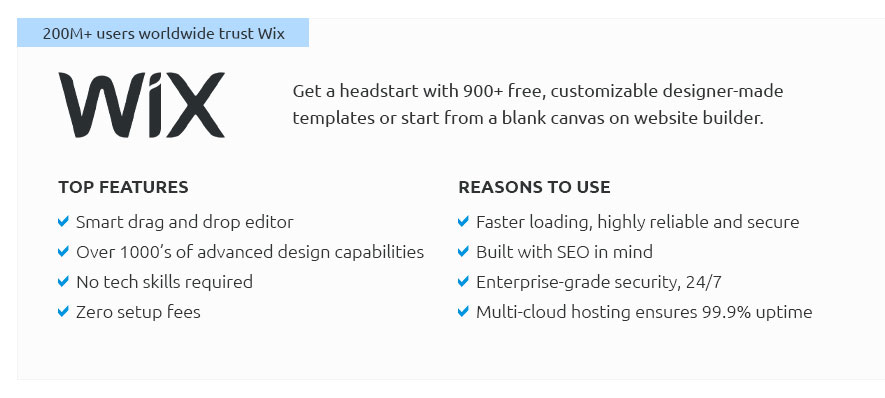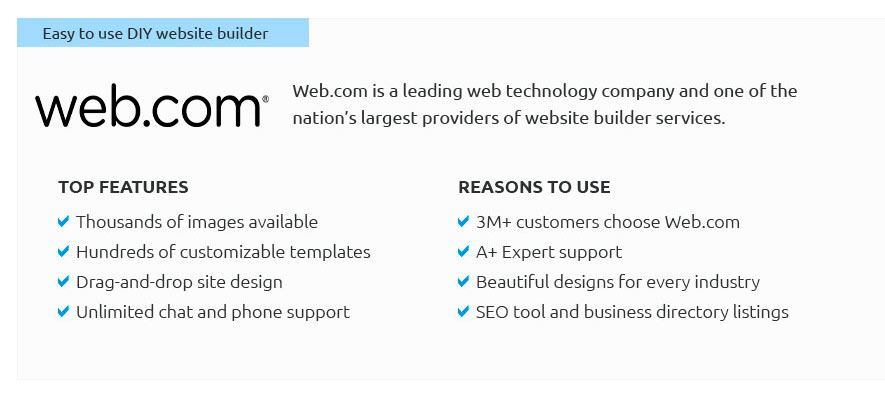 |
 |
 |
 |
|
 |
 |
 |
|
 |
|
 |
 |
|
 |
|
 |
|
 |
 |
How to Make Your Own Website: A Comprehensive GuideCreating a website might seem like a daunting task, yet with the right guidance and tools, anyone can become a webmaster. Whether you're looking to build a personal blog, establish an online portfolio, or start a business, understanding the nuances of website creation is paramount. The first step is determining the purpose of your site, as this will guide your choices in design, functionality, and platform. One of the most crucial decisions you'll make is choosing a platform. There are many options, ranging from the well-known WordPress to more user-friendly platforms like Wix and Squarespace. WordPress offers flexibility and extensive customization, ideal for those who have some technical know-how or are willing to learn. Conversely, Wix and Squarespace are excellent for beginners due to their drag-and-drop interfaces and pre-made templates, allowing users to create visually appealing sites without coding. Once your platform is selected, the next step involves choosing a domain name. This is your website's address on the internet, so it should be memorable and reflective of your brand or purpose. Many providers offer domain registration services, often bundled with hosting plans. Speaking of hosting, this is where your website will live on the internet. Consider reliable hosting services that offer speed, security, and support. Some popular options include Bluehost, SiteGround, and HostGator, each offering unique features that cater to different needs and budgets. With your domain and hosting in place, it's time to delve into design. A well-designed website not only attracts visitors but also keeps them engaged. Start with a clear layout that is easy to navigate. Consider the use of colors, fonts, and images that align with your brand identity. Remember, less is often more; avoid cluttering your site with unnecessary elements that can overwhelm visitors. Responsive design is also crucial, ensuring your site looks great on all devices, from desktops to smartphones. Content is king. This age-old adage holds true in the digital realm. Your website's content should be engaging, informative, and regularly updated. For business websites, consider a blog section where you can share insights, updates, and articles relevant to your industry. This not only provides value to your audience but also enhances your site's SEO. Search Engine Optimization (SEO) is another critical aspect of website creation. It involves optimizing your site to rank higher in search engine results, thereby increasing visibility and traffic. Focus on using relevant keywords, meta tags, and high-quality backlinks. Many platforms offer SEO tools or plugins, such as Yoast SEO for WordPress, to help guide you through this process.
In conclusion, while building a website requires effort and dedication, the rewards are plentiful. A well-crafted site not only enhances your online presence but also opens up new opportunities for connection, growth, and success. Embrace the learning curve, experiment with designs and content, and don't be afraid to seek inspiration from other sites you admire. The digital world is at your fingertips, and with perseverance, you can carve out your unique space within it. https://www.business.qld.gov.au/running-business/marketing-sales/marketing/websites-social-media/building-managing-website
Build and manage your website - Step 1: Get a domain name and URL - Step 2: Set up an email address to match your domain name - Step 3: Find a web ... https://www.youtube.com/watch?v=acBJsjCqgtM
Everyone should have their own website. It's something I've always stood ... How To Make A Website 2025 ~ A Website Tutorial For Beginners. https://www.forbes.com/advisor/business/how-to-make-a-website-for-your-business/
Home. Often called a landing page, this is the first page visitors see of your website. About Us. Tells the story of your company. Make the ...
|